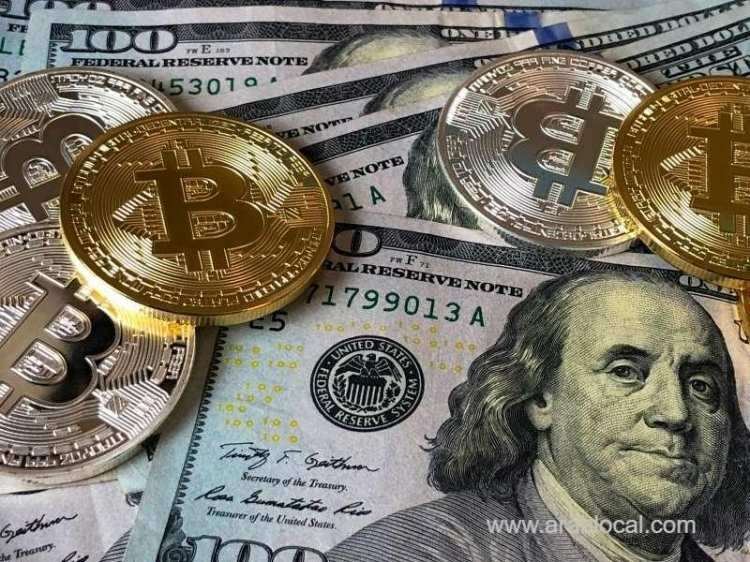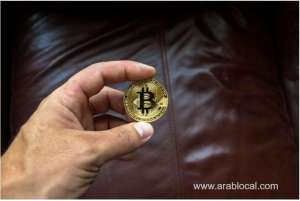Decentralized Finance (DeFi) is really truly transforming the financial industry, offering investors unparalleled exposure to virtual assets, lending protocols and decentralized exchanges. However, with its swift evolution come legal uncertainties, security vulnerabilities and regulatory ambiguity. Investors have much to lose in Dubai, where cryptocurrency legislation is still in its infancy. Arbitration is emerging as a viable solution to protect investors' assets, shielding them against fraud, contractual breaches, as well as DeFi-associated conflicts.
The Fast Growth of DeFi in Dubai
Dubai has established itself as a worldwide centre for blockchain technology and digital finance. As government-supported initiatives promote innovation in crypto and Web3, DeFi platforms are thriving. Investors are very much attracted to the space because of high yields, decentralized governance and better financial inclusion. However, the absence of a central authority also implies that resolving disputes is challenging using conventional legal avenues.
The Legal Challenges Facing DeFi Investors
Unlike traditional financial platforms, DeFi platforms work through smart contracts and computer programs that make transactions in terms of coded agreements. As much as it bypasses intermediaries, it creates several legal concerns. There is no guidance in terms of regulation and for that reason, it is not easy to authenticate smart contracts in case of legal disputes.
Fraudulent operations make it difficult for investors to claim funds and no uniform frameworks can force DeFi transactions in Dubai courts. In the absence of organized legal backing, investors become at risk for financial loss, one that could have been averted in any case.
Arbitration as a DeFi Dispute Resolution
Given the virtual and worldwide nature of DeFi transactions, arbitration is becoming a preferred mechanism for resolving disputes. Unlike traditional court processes, arbitration is discreet, flexible and speedy. With a seasoned arbitration lawyer in the UAE, investors can seek loss and enact agreements in a legally binding manner.
The Dubai International Financial Centre (DIFC) and Abu Dhabi Global Market (ADGM) both have arbitration centers of international repute dealing with blockchain and fintech-related cases. Investor dispute resolution through such centers enables investors to have an effective mechanism for resolving conflicts free of variable international laws.
Smart Contracts and the Challenge of Enforcement
Smart contracts underpin most DeFi transactions, but their self-execution can introduce legal loopholes. Inadequately drafted smart contracts or ones with vulnerabilities can generate controversy over their legitimacy. Conventional courts lack the technical expertise to interpret smart contracts effectively.
Arbitration panels with expertise in blockchain cases can effectively handle such cases. They provide expert analysis of smart contracts and apply legal requirements, allowing investors to recover funds in case of a dispute.
The Role of Arbitrators in DeFi Conflicts
An arbitration lawyer in UAE is a significant player in defending DeFi investors. With financial legislation, smart contract analysis and expertise in blockchain dispute resolution, they can tackle sophisticated cases with ease. Clients can trust them with legally binding smart contract drafting, fund retrieval in DeFi scams, representing investors in arbitration cases at DIFC and ADGM and compliance with new laws in Dubai regarding digital assets. Arbitration can allow investors to secure protection and claim compensation in fraud, a failure of agreement and security failure cases.
Investor Protections through Arbitration
The DeFi space saw several frauds, rug pulls and Ponzi schemes. Most platforms promise the moon but vanish overnight and investors can lose colossal amounts. Since DeFi is a decentralized platform, it becomes difficult to catch the fraudsters and bring them to justice.
Arbitration offers a mechanism for fraud resolution through legally binding agreements in anticipation of accessing DeFi platforms. Arbitration protocols can be incorporated in smart contracts and arbitration provisions can be used for resolving disputes in a legally sound manner.
How Arbitration Bridges the Gap
Dubai is taking a move towards regulating virtual assets, with new guidance for cryptocurrency companies being proposed by the Virtual Assets Regulatory Authority (VARA). DeFi, nevertheless, is not yet regulated and gaps in protecting investors prevail.
Arbitration serves to bridge between a changing legal environment and the DeFi universe. By choosing arbitration as a mechanism for resolving disputes, investors can have assurance that the resolution of a dispute will take place in conformance with universally applicable legal standards, even in instances of uncertain guidance through regulators.
Choosing the Appropriate Arbitration Firm for DeFi Conflicts
Investors who want to secure their DeFi investments need to select an appropriate arbitration company. Only specific arbitration firms possess the capability to handle blockchain-related cases so investors need experts who focus on smart contracts and virtual asset regulation for decentralized finance. Organizations that demonstrate fintech arbitration proficiency along with knowledge of UAE legal frameworks should be selected by investors. Defi investors who get suitable legal counsel will minimize their risks while obtaining efficient dispute resolution in such an uncertain monetary environment.
The Future of DeFi Arbitration in Dubai
The expansion of digital finance in Dubai will build the crucial importance of arbitration for investor protection. The decentralized financial system really truly benefits from arbitration because regulators produce new laws which allow for timely and efficient dispute resolution.
By integrating arbitration into DeFi agreements, investors can secure assets, make agreements legally actionable and navigate Dubai's sophisticated legal environment for virtual finance. As DeFi matures, arbitration will become a pillar of security for investors and DeFi will become a legally sound and feasible financial innovation.







